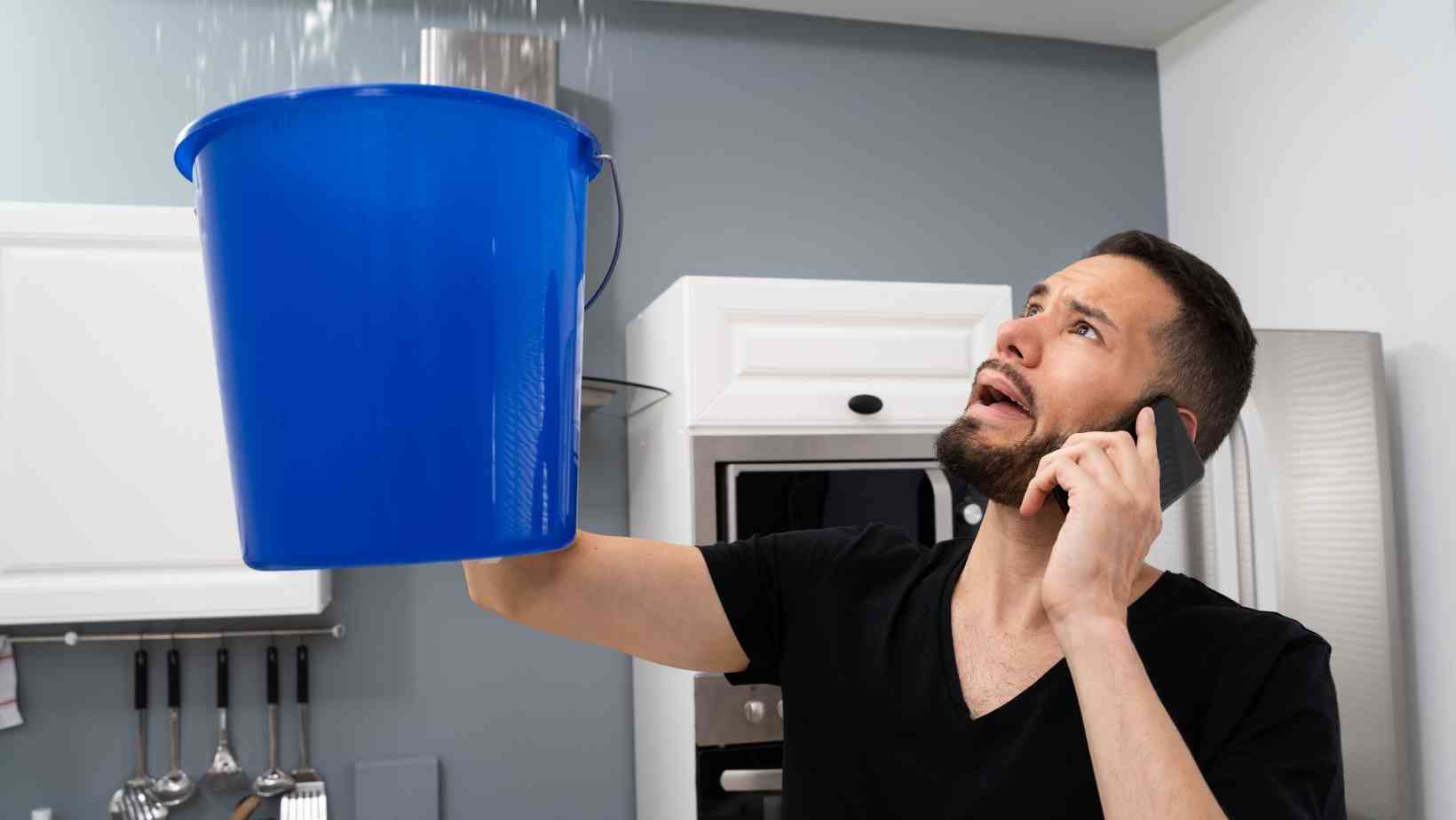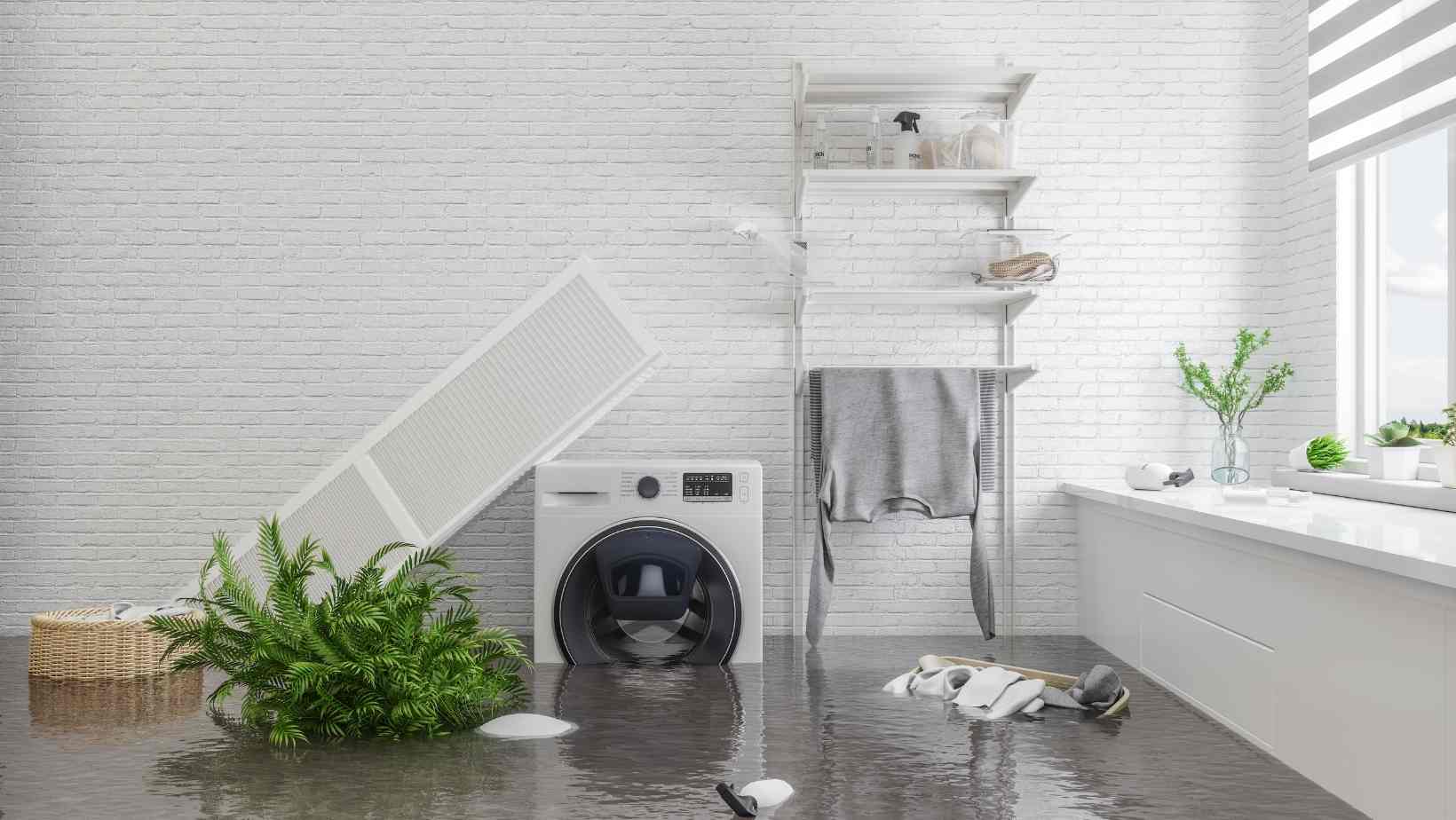Water damage is one of the most frequent claims that homeowners make. Moreover, insurance companies categorize water damage among the most expensive claims they cover. In the US, the frequency of water damage claims is only second to hail and wind claims. Why does this happen? One of the reasons is the neglectful attitude of homeowners. They tend to overlook a small leak until it becomes a big issue, forcing them to pay hundreds of dollars on costly repairs and new belongings.
Prevalent causes of water damage include a backlog of rainwater, broken or ruptured water lines, leaking faucets at various places at home, dysfunctional rusted appliances such as leaky dishwashers, and of course, plumbing issues. All these issues do not transform into water damage overnight. People usually ignore a minor problem for some time until the water damages their belongings and seeps into the walls.

How to fix water damage, and who to call for help?
Where water damage is the issue, it is always recommended not to let the problem bubble and take quick remediation measures. Homeowners have plenty of options to contain the damage caused by water in the house. If you are an expert in plumbing and cleaning a flooded home, things might be less complicated for you. However, to ensure your house is free from water damage, you must contact exoerts like the Water Damage Advisor to inspect your home for moisture thoroughly. They employ their extensive experience and highly efficient technology to locate water penetration and the extent of damage in your house, taking immediate corrective measures.
But isn’t it better to prevent the problem from happening instead of waiting for it to surface? Here’s what you can do to avoid water damage at home.
Know the water shutoff location
First, if you know about a sudden pipe leak in your house, your priority should be to prevent the water from spreading to other parts of the house. To do that, turn off the water supply as soon as possible. The water supply can be stopped by shutting off the main water supply valve, which delivers water to all faucets, taps, and showers through a network of lines. Water no longer reaches the ruptured pipe once you shut off the main supply.
Moreover, open the faucets connected to the broken water line to drain the water. This way, you can limit the damage to the floor, walls and also prevent water puddles around the area. Often people don’t know where the main supply valve is located, which delays the process and aggravates the issue. Therefore, you and everyone in your family must know its location beforehand because a leaky pipe won’t give you much time to brood.
Keep the gutters and downspouts clean
Gutters take the dirty water away from your house, and downspouts carry the water to the drains for further removal. Keeping these both in perfect condition is paramount to avoiding water damage in your home. Any physical substance, blockage such as hair, grease, leaves, debris, etc., can stop the water flow. Accumulation of dirty water is a death sentence for the house foundations because it can penetrate the ground through cracks or crevices in the gutter floors. Similarly, if downspouts are not clean, they won’t take the water away from your house. Hence, water may collect on the roof and move downwards towards the ceilings over time. Therefore, check these structures periodically and ensure they are free from obstructions.
Keep the electrical appliances in a good shape
Electrical appliances can be a big cause of water damage. Water leaking from the refrigerators, dishwashers, and washing machines can accumulate on the floor. Water clogged for an extended time can create ugly yellow stains, damage the tiles, flake the paint and the nearby walls.

Additionally, water flows towards the direction where it finds the least resistance. Hence, the water leaking from your appliances is not limited to one area; it can travel towards the lowest level of your house. It can often reach the baseboards, start moving up, and cause mold growth. Common reasons for water damage through appliances include rusted pipes, damaged gaskets, build-up in an appliance, or clogged drains, to name a few.
Therefore, keep the appliances clean, periodically remove the buildup, and check the adjacent water lines for rust, brittleness, and breakage. Also, make sure the drains leading the water away from them are not blocked.
Use smart technology to sense moisture
The use of water detection technologies is becoming common these days. You can install these devices that make the alarm go off when they contact moisture. This way, you will know about the water leaks before the situation gets out of hand. You can install this device near your washing machine, water heaters, sump pumps, toilets, and dishwashers to prevent water damage.
Conclusion
Water damage repair is costly, but prevention is free and only needs your attention. With frequent inspection for issues like leaky pipes, faulty plumbing, dysfunctional appliances, etc., you can catch the problem before it becomes a big and costly mess. Moreover, you could also get your house examined by water damage restoration experts after heavy rainfalls, hail storms, and snowfall events.
